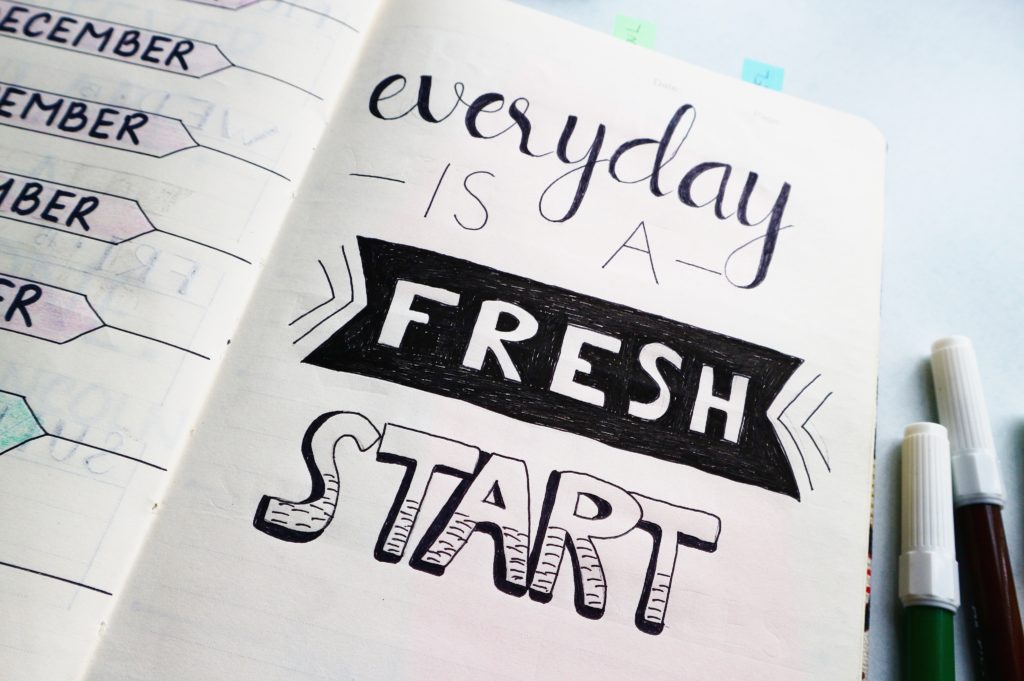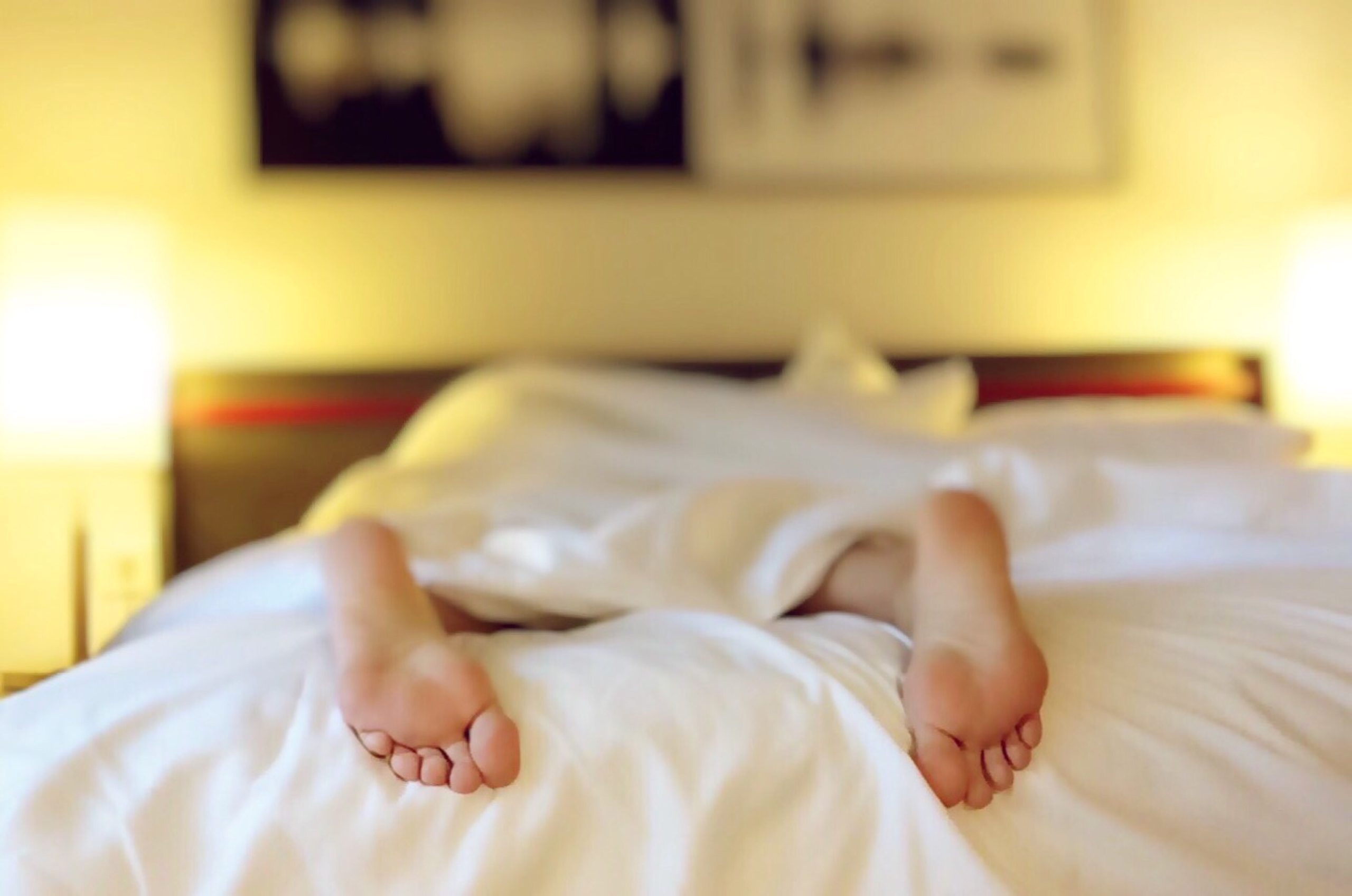
As humans, we spend approximately one-third of our lives sleeping, yet sleep is often taken for granted or overlooked.
The importance of quality sleep cannot be overstated, as it is essential for our physical, cognitive, and emotional performance. In fact, according to the National Sleep Foundation, adults need 7-9 hours of sleep per night for optimal health and functioning.
However, statistics show that over 35% of adults report getting less than 7 hours of sleep per night, with 10% experiencing chronic insomnia. These statistics are alarming, as a lack of quality sleep can have a significant impact on our health and well-being.
Symptoms and causes of insomnia
Insomnia is a common sleep disorder characterized by difficulty falling asleep, staying asleep, or waking up too early and not being able to fall back asleep. The signs and symptoms of insomnia can vary, but can include:
- Difficulty falling asleep at night
- Waking up during the night and having trouble falling back asleep
- Waking up too early in the morning
- Feeling tired upon waking
- Daytime sleepiness or fatigue
- Irritability, depression, or anxiety
- Difficulty concentrating or remembering things
The causes of insomnia can be complex and multifactorial. Some common causes include:
- Stress, anxiety, depression, and other mental health disorders can disrupt sleep patterns and lead to insomnia.
- Insomnia can be a symptom of underlying medical conditions such as chronic pain, restless legs syndrome, sleep apnea, and other sleep disorders.
- Poor sleep hygiene, including irregular sleep schedules, excessive use of electronics before bedtime, and consuming caffeine or alcohol close to bedtime, can contribute to insomnia.
- Noise, light, temperature, and other environmental factors can disrupt sleep and lead to insomnia.
- Certain medications, such as antidepressants, stimulants, and some asthma medications, can interfere with sleep and cause insomnia.
If you are experiencing symptoms of insomnia, it is important to identify the underlying cause to provide effective treatment.
The ideal sleep hygiene routine

Many people think that their bedtime routine is the key to curing insomnia, but in reality, you need to start your routine in the morning. By practising good sleep hygiene throughout the day, you can improve your chances of getting a good night’s sleep.
Here are some actions that you can take, starting in the morning, to optimise your sleep and help cure insomnia:
Establish a regular wake-up time:
Waking up at the same time every day, even on weekends, can help regulate the body’s sleep-wake cycle.
Get natural light exposure:
Exposure to natural light in the morning can help regulate the body’s internal clock and improve sleep quality. Spending time outdoors or opening the curtains to let in natural light can help.
Get some exercise:
Regular exercise can improve sleep quality, but it’s best to avoid vigorous exercise close to bedtime. Morning exercise can be a good way to energize the body and promote daytime alertness.
Eat a healthy breakfast:
Eating a balanced breakfast that includes protein, complex carbohydrates, and healthy fats can help regulate blood sugar levels and provide sustained energy throughout the day.
Avoid caffeine after 12pm:
Caffeine can interfere with sleep as it persists in your blood up to 12 hours after drinking. For this reason, it is best to limit caffeine intake to the morning only.
Limit or avoid alcohol:
While alcohol may make people feel drowsy and help them fall asleep faster, in reality, it harms the quality of sleep. Alcohol can disrupt the normal sleep cycle and interfere with the body’s natural ability to get restorative, deep sleep.
No food within 3 hours of bedtime:
Avoid consuming a large or heavy meal close to bedtime. Eating a balanced diet that includes foods high in tryptophan, such as turkey, milk, and bananas, can promote sleep.
Reduce light exposure within 2 hours of bedtime:
Exposure to light, particularly in the evening, can disrupt the body’s natural sleep-wake cycle. Use dimmer lighting in the evening, avoid electronics and screens, and use light-blocking curtains to help regulate the sleep-wake cycle.
Start relaxing 1 hour before bedtime:
Engage in a relaxing activity such as reading, taking a warm bath, or practising relaxation techniques such as meditation or deep breathing. A study published in the Journal of Sleep Research found that relaxation techniques can improve sleep quality and duration.
Keep it cool:
Keep the bedroom temperature between 15.6-19.4°C and use breathable bedding to promote better sleep. This can help promote better sleep quality, as the body’s core temperature drops during sleep
Consider supplements:
Melatonin, L-theanine, and magnesium are all-natural supplements that can help promote relaxation and improve sleep quality. Melatonin is a hormone that regulates the sleep-wake cycle, while L-theanine is an amino acid that promotes relaxation. Magnesium is a mineral that can help reduce stress and promote relaxation.
Establish a regular bedtime:
Aim to be asleep at a consistent time every night to allow the opportunity for 7-9 hours of sleep. According to research by the Sleep Council, the average adult in the UK gets 6.8 hours of sleep per night, which is less than the recommended amount. Sticking to a regular sleep schedule can help regulate your circadian rhythm and promote healthy sleep.
When to seek medical input

By following these tips, you can improve your chances of getting a good night’s sleep and help treat insomnia. However, it is important to note that the effectiveness of these strategies may vary from person to person.
If you are still struggling despite following a good sleep hygiene routine, then it would be best to consult with a healthcare professional to determine the best approach for treating insomnia based on your specific circumstances and underlying causes.
There may be a need to address underlying medical conditions such as sleep apnea or restless legs syndrome. Sometimes a short course of prescription sleep medications may be required.
Alternatively, you may be advised to try Cognitive Behavioral Therapy for Insomnia. This is a type of psychotherapy that helps you identify and change negative thoughts and behaviours that contribute to your insomnia. It is considered the gold standard treatment for chronic insomnia.
Quality sleep is essential
Quality sleep is essential for your physical, cognitive, and emotional performance. Lack of sleep can have significant negative effects on your health and well-being, and can even impact your safety, as being sleep-deprived puts you at higher risk of accidents and errors.
Insomnia is a common sleep disorder that can have complex and multifactorial causes, but there are a variety of strategies that can be employed to help treat it. By following a good sleep hygiene routine and seeking appropriate medical treatment when necessary, you can improve their sleep and overall health. It is important to prioritize and value quality sleep, and to seek help if you are struggling with insomnia.




